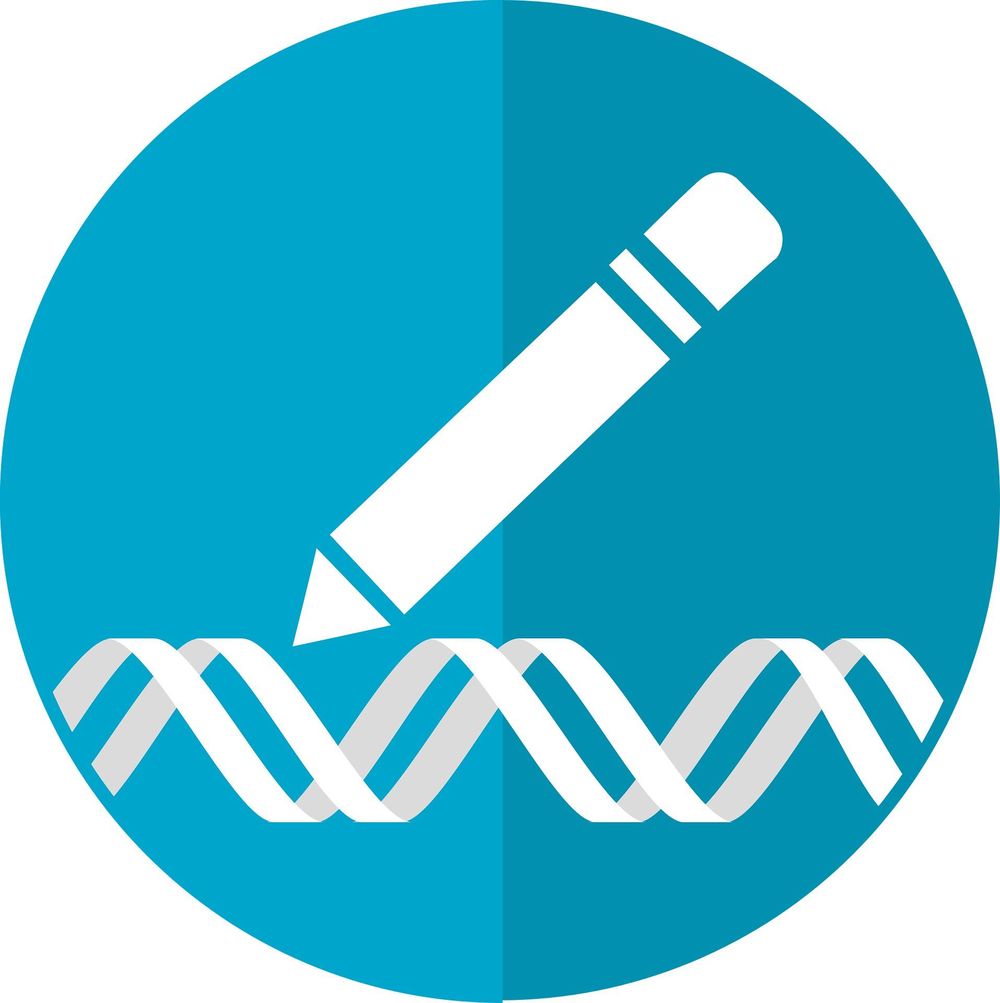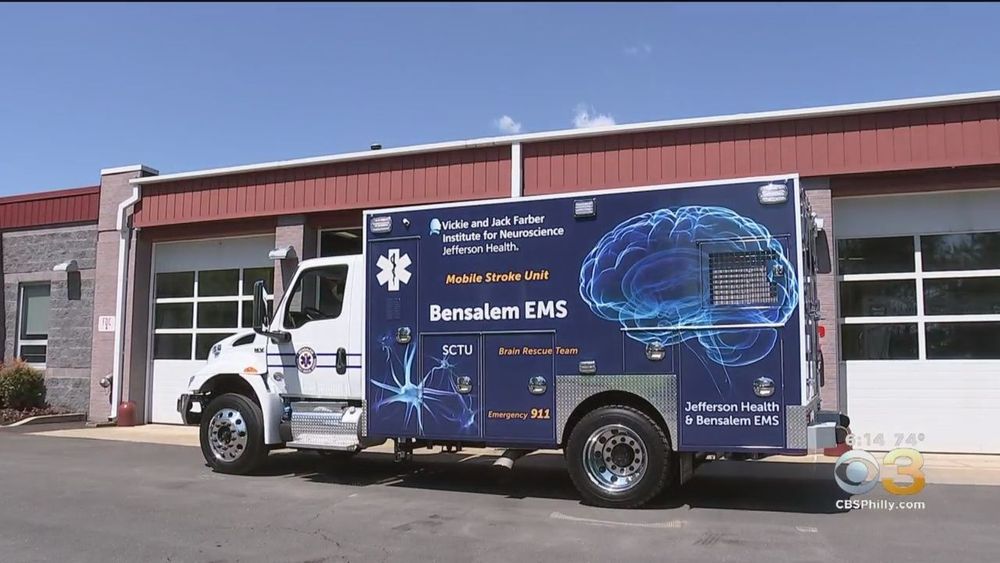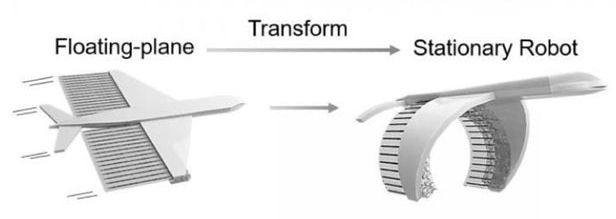May 17, 2019
Scientists create mind-controlled hearing aid
Posted by Genevieve Klien in categories: biotech/medical, neuroscience
A mind-controlled hearing aid that allows the wearer to focus on particular voices has been created by scientists, who say it could transform the ability of those with hearing impairments to cope with noisy environments.
The device mimics the brain’s natural ability to single out and amplify one voice against background conversation. Until now, even the most advanced hearing aids work by boosting all voices at once, which can be experienced as a cacophony of sound for the wearer, especially in crowded environments.
Nima Mesgarani, who led the latest advance at Columbia University in New York, said: “The brain area that processes sound is extraordinarily sensitive and powerful. It can amplify one voice over others, seemingly effortlessly, while today’s hearing aids still pale in comparison.”
Continue reading “Scientists create mind-controlled hearing aid” »


















